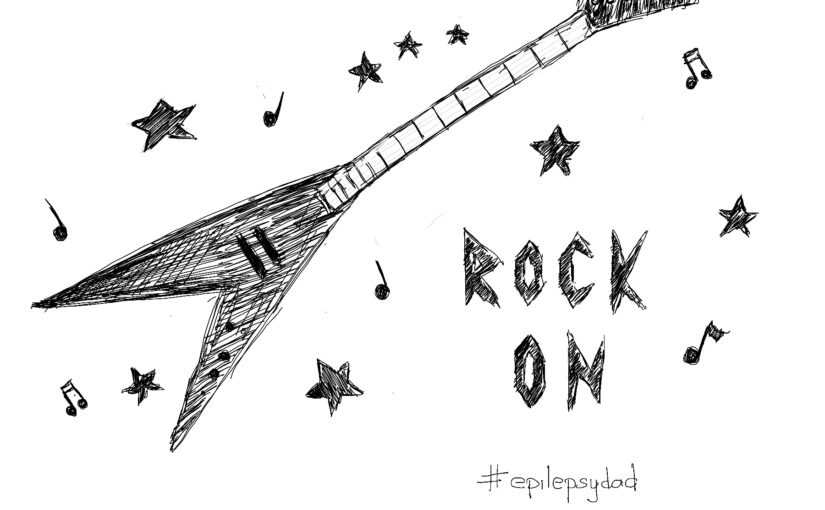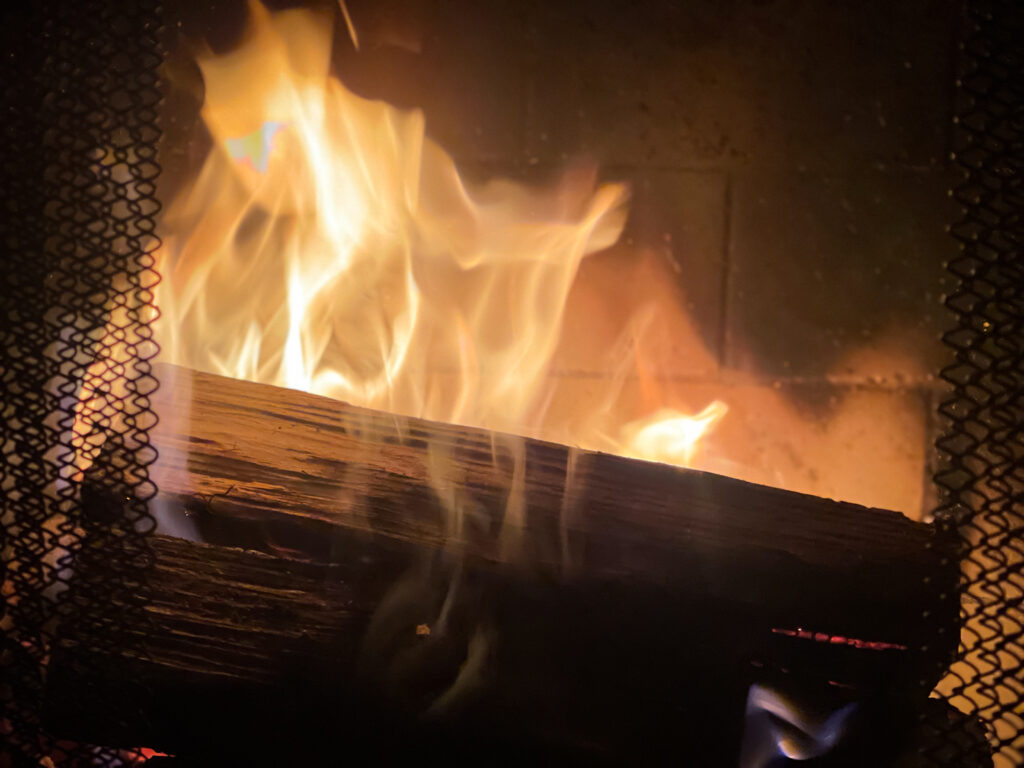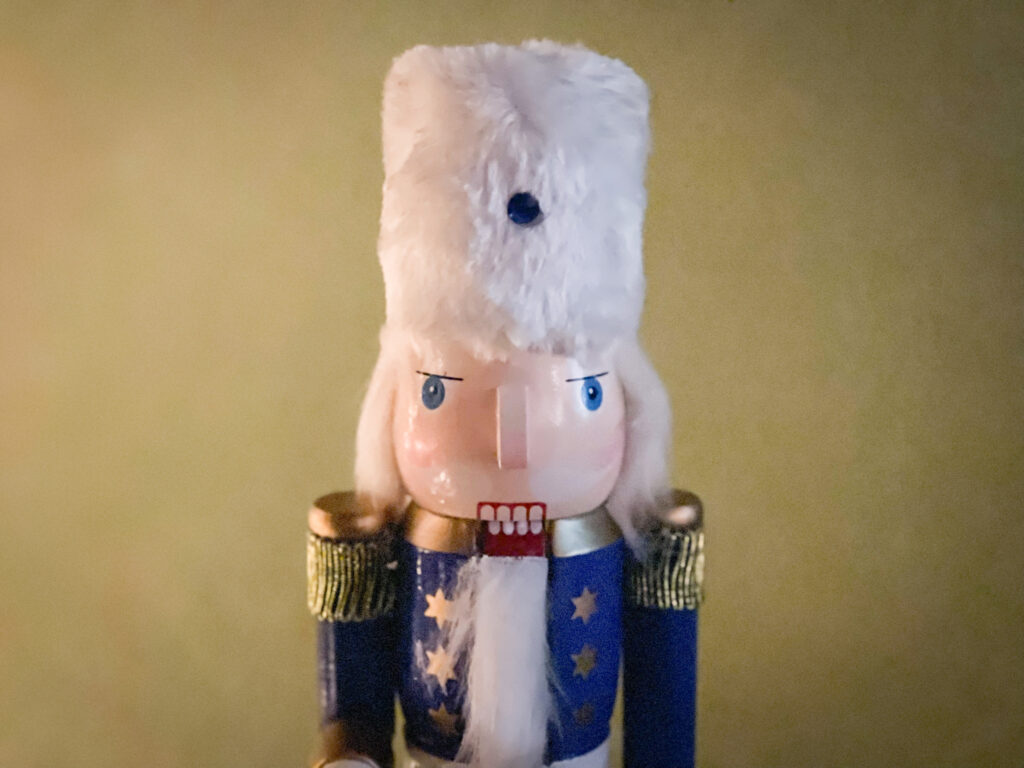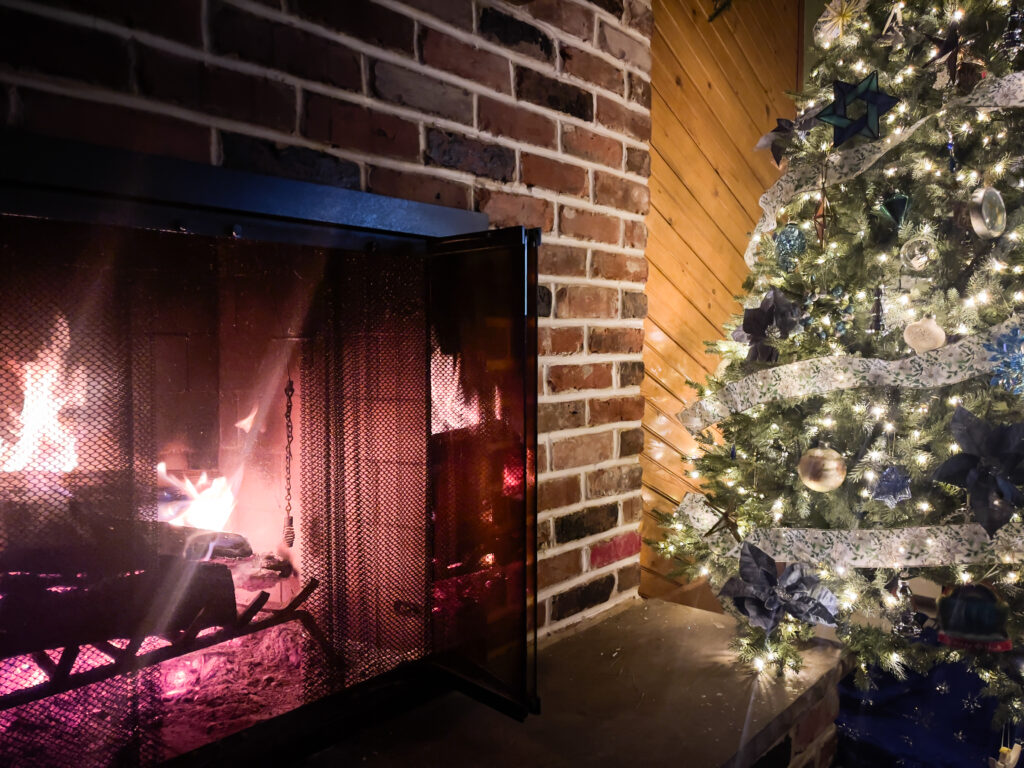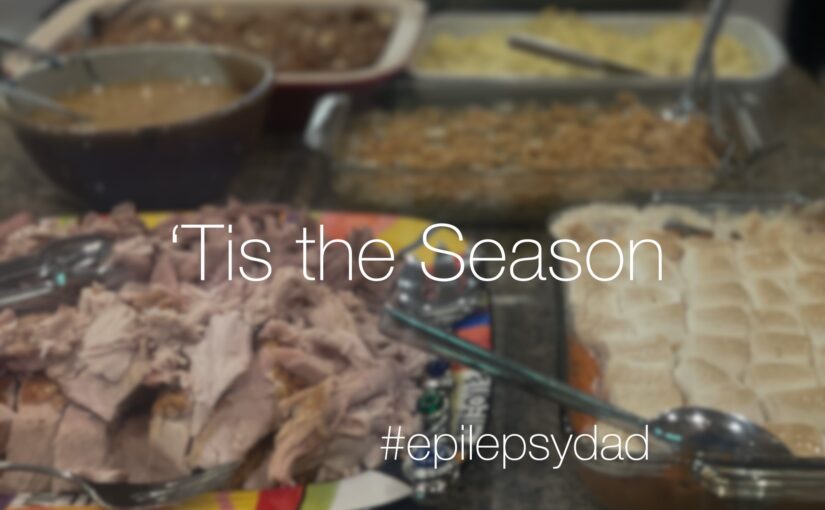
The image above was 10 years in the making.
The photograph on the left was taken in July 2014. We were in Philadelphia ahead of our eventual move from Colorado. My wife and son had a long week of exploring and house hunting, and we thought we’d unwind and play games. About an hour after that picture was taken, we’d be standing in the lobby waiting for a taxi and watching our son have his first seizure.
Over the next 10 years, we’d see our son have countless seizures. We’d have many nights where we thought we would lose him. We would spend months in the hospital saving his life and then years trying to rebuild what was damaged. We would struggle to find his place in the world.
The photograph on the right was taken at Dave & Buster’s a few weeks ago after our son’s last school day before winter break. As I walked around the corner and saw him pick up the guitar, I had the image of my present-day and my son 10 years ago, like two different realities, crashing together in my mind.
While we’ve had struggles and challenges in the last ten years, the significance of that moment was that we’ve also had successes and accomplishments. Our son is 15 now, and we’ve had so many years we weren’t sure we would get. He plays baseball, enjoys gaming and streaming, and has friends. He’s in a school for kids like him, which gives him a place to learn and grow.
When the picture on the left was taken, we didn’t appreciate how little knowledge and control we had over the future. Later that night, any vision we had for the future was shattered. The picture on the right reminded me that we can never predict the future. We can only learn to embrace every moment, victory, and opportunity to pick up the guitar and rock on.
